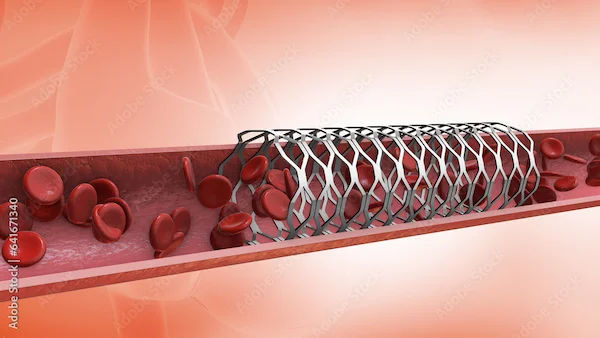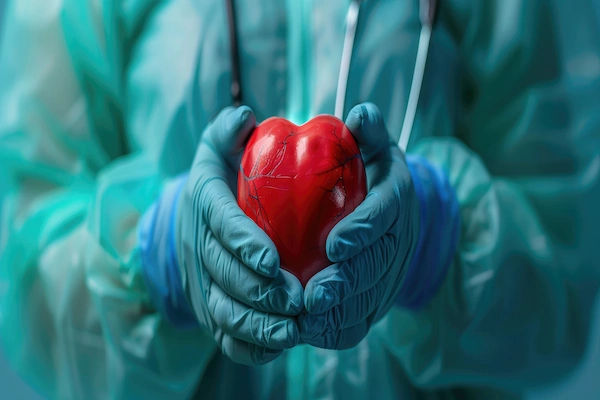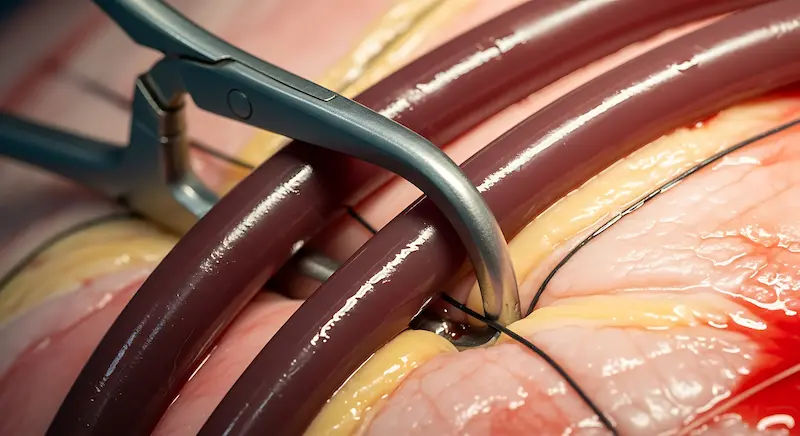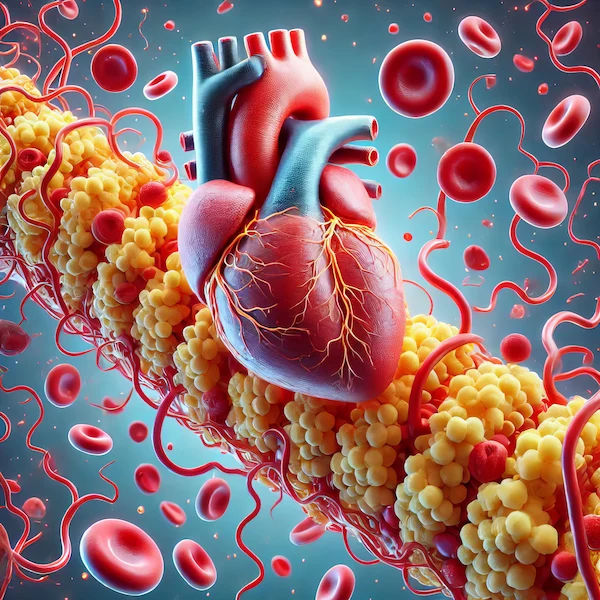What Is The Best Exercise After Bypass Surgery?
Learn the best post-bypass surgery exercises to improve heart health and recovery safely. Find tips for walking, breathing, stretching, and strength training tailored for healing.

Written by Dr. Mohammed Kamran
Reviewed by Dr. Dhankecha Mayank Dineshbhai MBBS
Last updated on 13th Jan, 2026

Introduction
Recovering from bypass surgery can be challenging, but incorporating the right exercises into your routine can significantly improve your heart health, strength, and overall well-being. Exercise plays a crucial role in recovery, helping you regain stamina, reduce complications, and enhance your quality of life.
In this article, we’ll discuss the best exercises after bypass surgery, how to start safely, and tips to stay motivated.
Why Is Exercise Important After Bypass Surgery?
After bypass surgery, your heart needs time to heal, but staying completely inactive can slow down recovery. Gentle, supervised exercise helps:
Strengthen your heart and lungs
Improve blood circulation
Lower blood pressure and cholesterol
Reduce stress and anxiety
Prevent weight gain and muscle loss
Speed up overall recovery
However, it’s essential to follow your doctor’s advice and start slowly to avoid complications.
Best Exercises After Bypass Surgery
Here are some of the best exercises to safely rebuild strength and improve heart health after bypass surgery:
1. Walking (The Safest & Most Recommended Exercise)
Walking is the easiest and most effective exercise after bypass surgery. It helps improve circulation, strengthens muscles, and boosts endurance without straining the heart.
Begin with short, slow walks (5–10 minutes) around your home.
Gradually increase duration (20–30 minutes per day) as you feel stronger.
Walk on flat surfaces initially; avoid steep inclines.
Use a walking aid if needed for balance.
If you feel dizzy, short of breath, or experience chest pain, stop immediately and rest.
To Know More Consult Top Cardiologists
2. Stretching & Flexibility Exercises
Gentle stretching helps improve flexibility, reduce stiffness, and prevent muscle tightness after surgery.
Shoulder rolls
Neck stretches
Arm raises (slow and controlled)
Ankle circles (to prevent blood clots)
Avoid:
Overstretching or holding positions too long.
Sudden jerky movements.
3. Breathing Exercises
Deep breathing exercises improve lung function, reduce fluid buildup, and help with relaxation.
Try:
Diaphragmatic Breathing: Inhale deeply through your nose, expanding your belly, then exhale slowly through pursed lips.
Incentive Spirometer: A device given by doctors to strengthen lungs.
4. Light Strength Training (After 6–8 Weeks)
Once your doctor approves, light resistance exercises can help rebuild muscle strength.
Safe Options:
Light dumbbells (1–2 kg)
Resistance bands
Bodyweight exercises (like seated leg lifts)
Avoid:
Heavy lifting or straining.
Exercises that cause breathlessness.
5. Stationary Cycling (Low Impact Option)
A stationary bike provides a good cardiovascular workout without joint stress.
Start with:
5–10 minutes at low resistance.
Gradually increase time as tolerated.
6. Water-Based Exercises (Aqua Therapy)
Swimming or water walking is excellent for joint-friendly movement. However, wait until your incision is fully healed (usually 8–12 weeks).
Exercises to Avoid After Bypass Surgery
While exercise is beneficial, certain activities can be risky in the early recovery phase:
Heavy weightlifting
High-intensity workouts (running, HIIT, sports)
Push-ups, pull-ups, or heavy resistance training
Exercising in extreme heat or cold
Always consult your doctor before starting any new exercise.
Tips for Safe & Effective Exercise After Bypass Surgery
Start Slow & Progress Gradually: Don’t rush; recovery takes time.
Warm Up & Cool Down: Gentle stretches before and after exercise prevent injuries.
Monitor Your Heart Rate: Keep intensity moderate (able to talk while exercising).
Stay Hydrated: Drink water before, during, and after workouts.
Listen to Your Body: Stop if you feel chest pain, dizziness, or extreme fatigue.
Wear Comfortable Clothes & Shoes: Supportive footwear reduces strain.
Exercise with a Buddy: Having someone around ensures safety.
Follow Cardiac Rehabilitation (If Recommended): Supervised programmes provide structured recovery.
When to See a Doctor?
Contact your healthcare provider if you experience:
Chest pain or pressure
Severe shortness of breath
Irregular heartbeat
Excessive fatigue or dizziness
Swelling in legs
Conclusion
Recovering from bypass surgery requires patience and the right approach to exercise. Walking, stretching, and light strength training are excellent ways to rebuild strength safely. Always follow your doctor’s advice and listen to your body.
If you need personalised guidance, consider booking a cardiac rehabilitation consultation through Apollo 24|7 to ensure a safe and effective recovery plan. Call Apollo 24|7 or book a consultation online for personalised cardiac care.
Would you like additional tips on diet and lifestyle changes post-bypass surgery?
Consult Top Cardiologists
To Know More Consult Top Cardiologists

Dr. Anand Ravi
General Physician
2 Years • MBBS
Bengaluru
PRESTIGE SHANTHINIKETAN - SOCIETY CLINIC, Bengaluru

Dr. Bhethala Sharan Prakash
General Physician/ Internal Medicine Specialist
5 Years • MBBS MD
Bengaluru
PRESTIGE SHANTHINIKETAN - SOCIETY CLINIC, Bengaluru

Dr. Sumanjita Bora
Cardiologist
9 Years • MBBS, PGDCC
Bengaluru
Apollo Clinic, Sarjapur Road, Bengaluru

Dr. Ramalinga Reddy
General Physician
5 Years • MBBS MD General medicine
Bengaluru
PRESTIGE SHANTHINIKETAN - SOCIETY CLINIC, Bengaluru
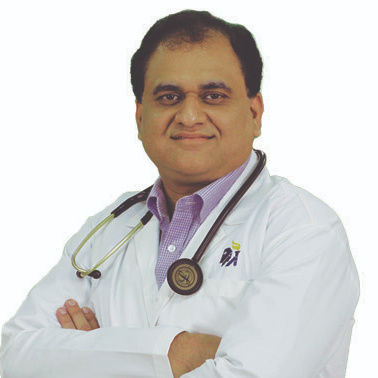
Dr. Abhijit Vilas Kulkarni
Cardiologist
10 Years • MBBS, MD, DM (Cardio)
Bengaluru
Apollo Hospitals Jayanagar, Bengaluru
(50+ Patients)
Consult Top Cardiologists

Dr. Anand Ravi
General Physician
2 Years • MBBS
Bengaluru
PRESTIGE SHANTHINIKETAN - SOCIETY CLINIC, Bengaluru

Dr. Bhethala Sharan Prakash
General Physician/ Internal Medicine Specialist
5 Years • MBBS MD
Bengaluru
PRESTIGE SHANTHINIKETAN - SOCIETY CLINIC, Bengaluru

Dr. Sumanjita Bora
Cardiologist
9 Years • MBBS, PGDCC
Bengaluru
Apollo Clinic, Sarjapur Road, Bengaluru

Dr. Ramalinga Reddy
General Physician
5 Years • MBBS MD General medicine
Bengaluru
PRESTIGE SHANTHINIKETAN - SOCIETY CLINIC, Bengaluru

Dr. Abhijit Vilas Kulkarni
Cardiologist
10 Years • MBBS, MD, DM (Cardio)
Bengaluru
Apollo Hospitals Jayanagar, Bengaluru
(50+ Patients)

